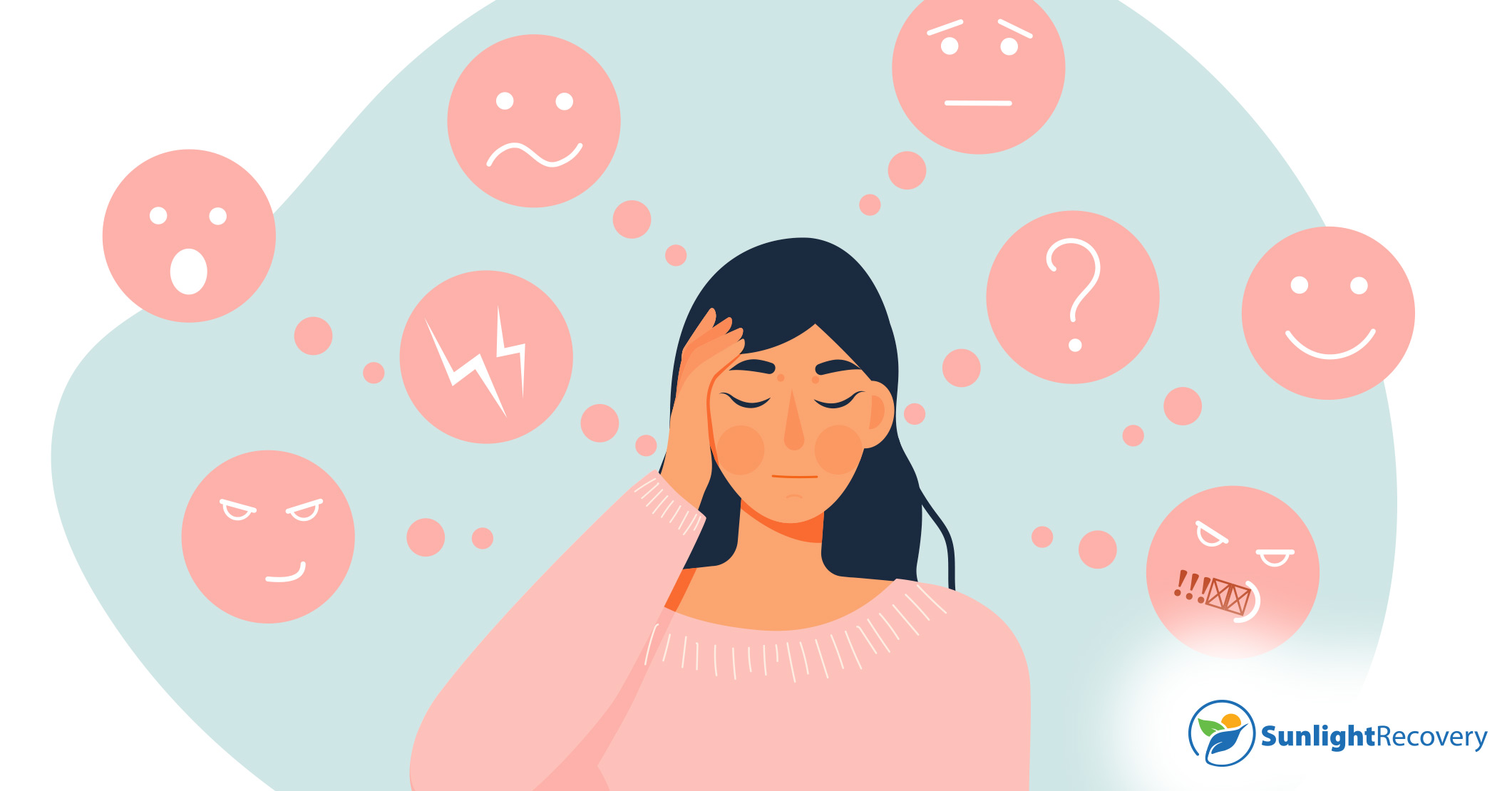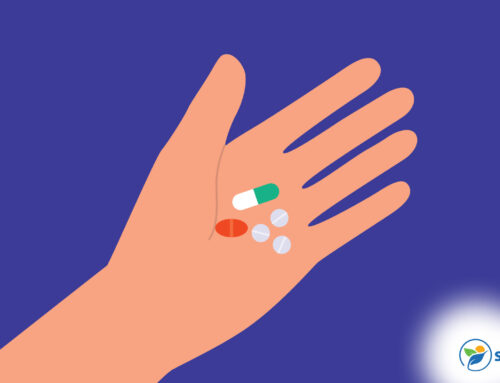Individuals who experience bipolar disorder often alternate between manic episodes and periods of depression. These extreme highs and lows, which can last for days or weeks, can quickly move from a state of extreme happiness and hopefulness to feelings of sadness and anxiety. Other symptoms of this serious mental health condition include delusional or paranoid thinking, suicidal thoughts and feelings of low self-worth. Mood stabilizers serve as an effective tool for managing this condition.
Introduction to Mood Stabilizers and Their Role in Mental Health
Like many mental health conditions, bipolar disorder has no cure and requires lifelong treatment. This treatment typically involves a combination of behavior therapy, mood stabilizers and other medications, such as antidepressants.
Mood stabilizers are effective at reducing extreme agitation, sleep problems, hallucinations and delusional thoughts. A physician may prescribe mood stabilizers if your manic episodes and depression get worse over time or tend to last more than a few weeks at a time.
Physicians prescribe mood stabilizers for mental health conditions for the following reasons:
- To reduce severe manic episodes or symptoms of acute depression
- To stabilize mood swings
- To prevent relapse or hospitalization in individuals with long-term symptoms
Common Types of Mood Stabilizing Medications
Physicians may use various types of mood stabilizing drugs for bipolar disorder treatment. There are three main types: lithium, anticonvulsants and antipsychotics.
Lithium
Lithium, the longest-prescribed mood stabilizer, is naturally present in small amounts in the human body. Brand names include Priadel, Camcolit and Liskonum. In addition to bipolar disorder, lithium helps manage episodes of mania and depression.
Lithium is a chemical that’s combined with oxygen and carbon to form lithium carbonate. In large doses, lithium can damage kidneys and other organs, so it’s important to take this medication under a doctor’s supervision. To effectively use lithium, the body requires an adequate amount of sodium. Without appropriate amounts of sodium, lithium can build up to dangerously high levels. For this reason, individuals taking lithium should avoid a low-salt diet.
It can take weeks to months for patients to respond to lithium treatment, and they may experience side effects, such as nausea, diarrhea and dry mouth. Patients taking lithium are required to have lithium blood levels checked every 2 to 3 months to ensure they reach therapeutic levels and to prevent toxicity.
Divalproex
Divalproex is an anticonvulsant that calms the hyperactivity in the brain during manic episodes by increasing amounts of GABA. GABA is a chemical that blocks nerve transmissions, which has a calming effect on the brain. Marketed under brand names such as Depakote and Epival, divalproex may cause side effects, including tremors, vomiting, blurred vision, stomach pain and coordination problems. Some patients may also develop liver problems and pancreatitis.
Because bipolar disorder requires long-term treatment, discontinuing divalproex may cause a relapse of mood swings. However, divalproex prescriptions require doctors to monitor blood levels to watch for changes in conditions such as blood cell counts.
Carbamazepine
Carbamazepine, another anticonvulsant medication, controls feelings of excitability and overactivity in individuals with anxiety and bipolar disorder. It also helps restore the normal balance of nerve activity, which is useful in seizure patients. Brand names include Tegretol, Equetro, Epitol and Carbatrol. Possible side effects while on carbamazepine include dizziness, nausea, dry mouth, constipation and blurred vision.
Lamotrigine
Lamotrigine, or Lamictal, functions as an anti-seizure medication. While its use is highly effective for the treatment of depression, it’s not very helpful in managing manic episodes. Patients taking lamotrigine begin with a small dose, gradually increasing amounts over time until they reach a therapeutic level. A serious skin rash, a potentially severe side effect, can occur within the first few weeks.
What Is the Difference Between Mood Stabilizers and Antidepressants?
Antidepressants are a class of drugs used to reduce symptoms of clinical depression. While antidepressants are often used in combination with mood stabilizers, using them by themselves has proven ineffective for bipolar disorder. In bipolar patients, antidepressants have a destabilizing effect and can increase mood cycling and trigger manic episodes.
Mechanisms of Action: How Mood Stabilizers Work
Mood stabilizers are mental health medications used to control the symptoms of bipolar disorder, which changes the chemical balance in the brain over time. While experts aren’t entirely sure how mood stabilizers work, it’s believed they affect specific neurotransmitters in the brain and adjust various things like enzymes, ion channels, G protein-coupled receptors and pathways inside cells.
Application in Bipolar Disorder Treatment
An improvement in bipolar disorder can be seen early on with the treatment of mood stabilizers, but it may take many months for the complete effects to be seen. Because everyone’s brain is wired differently, the effectiveness of mood stabilizers may vary from one person to another. Identifying which mood stabilizer works often requires a process of trial and error.
It’s also important to note that not everyone experiences side effects while taking mood stabilizers, but most mild symptoms resolve with time as an individual gets used to the medication. Regardless of the severity of the symptoms, it’s important to discuss any side effects with your physician.
Side effects of mood stabilizers can be reduced by eating a balanced diet and through a once-daily dosage.
Signs You May Need a Mood Stabilizer
Mood swings can be common for those going through stressful situations, including hormonal conditions such as pregnancy and menopause. When these mood swings persist, it could be a sign of a mood disorder. Aside from bipolar disorder, mood stabilizers are often used to treat personality disorders, depression and schizoaffective disorders. Your physician or mental health professional can help you decide the best course of treatment and if mood stabilizers are right for you.
Seeking Help for Bipolar Disorder
If you or someone you love is experiencing signs and symptoms of bipolar disorder, it’s important to understand you’re not alone. At Sunlight Recovery, we offer several types of mental health treatments to help you on the path to recovery. Contact us to speak to one of our caring counselors and discover how we can help.






